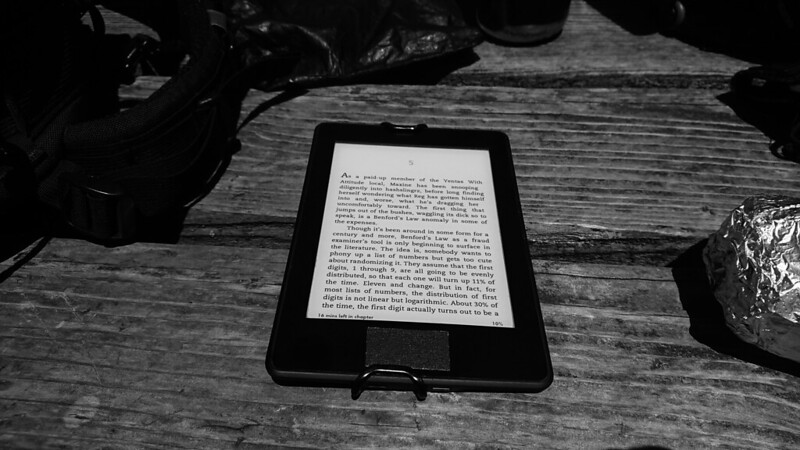The Art of Shen Ku
I don’t remember how I first heard about The Art of Shen Ku, but it’s a book that has managed to survive every purge of my dead tree library since I bought it seventeen years ago.
Selling itself as “The First Intergalactic Artform of the Entire Universe”, Shen Ku is a difficult thing to describe. I suppose that in a bookstore you might find it in the “Self Help” section, which is unfortunate. The book jumps between topics such as travel, navigation, diet, fitness, and knots, all colored with a healthy dose of vaguely Asian cultural appropriation and new-agey fluff. Prior to mobile networked computing becoming widespread, I thought of the book as being the closest thing available to The Hitchhiker’s Guide to the Galaxy. Flipping through it today, it is clear that the book has informed and directed a lot of my interests in life. There are sections of the book that I’ve always ignored as irrelevant or not applicable to my reality, but on the whole the signal-to-noise ratio of the book is high. The author, Steve “Zeke” Dolby, is also an illustrator, and fills the pages with cartoon illustrations that are both entertaining and descriptive.
Despite its focus on travel, the large form factor of the book makes it impractical to actually carry around. When I discovered book scanning services a few years ago, Shen Ku was one of the first books I had scanned. After receiving the OCRed PDF I told myself I would get rid of my original paper copy, but have so far failed to do so. Shen Ku is the kind of book that lends itself to being pulled out and opened to a random page, with no expectation beyond education and entertainment. Unfortunately e-books don’t satisfy that experience.









